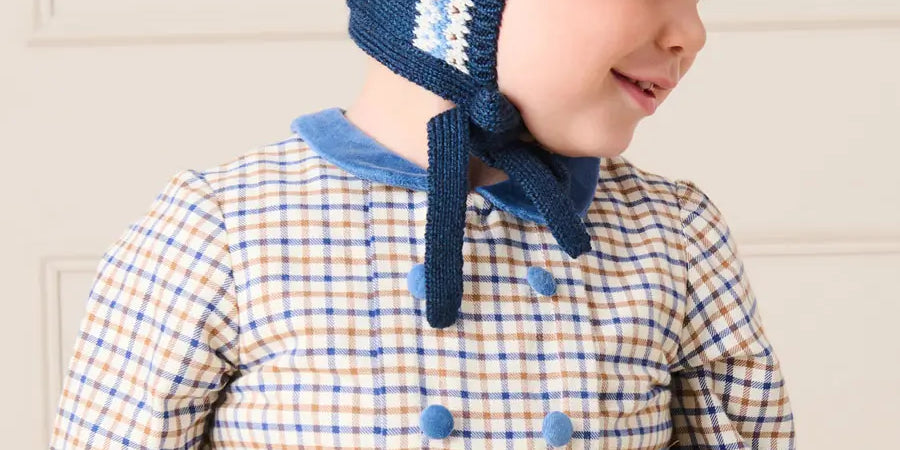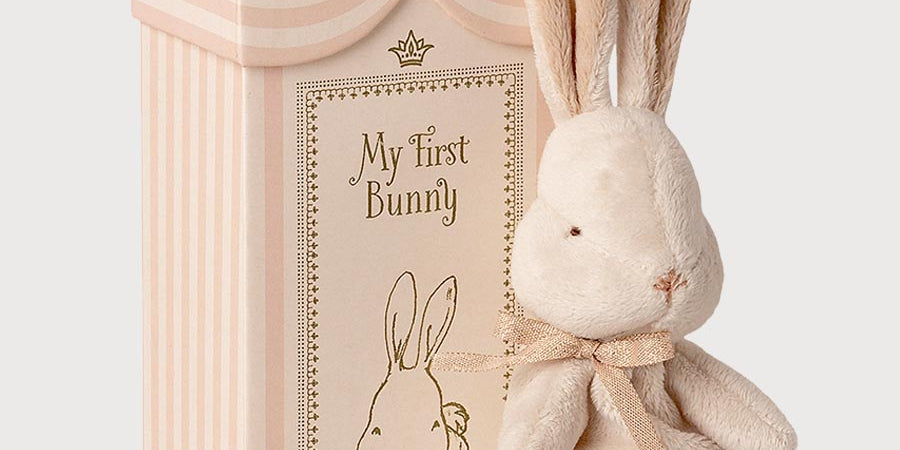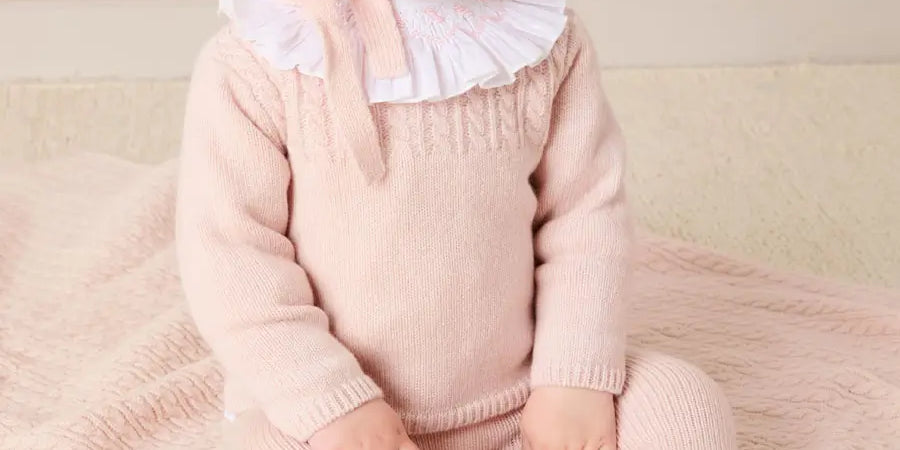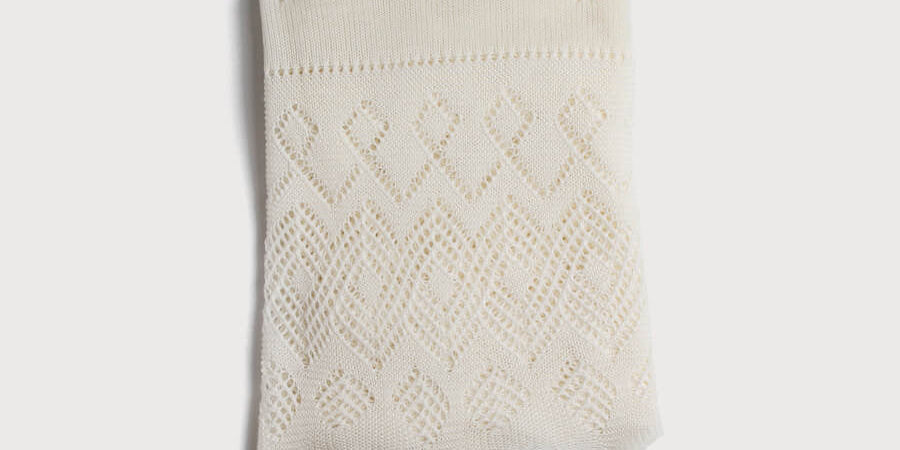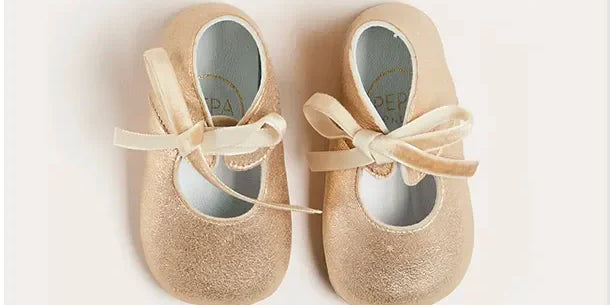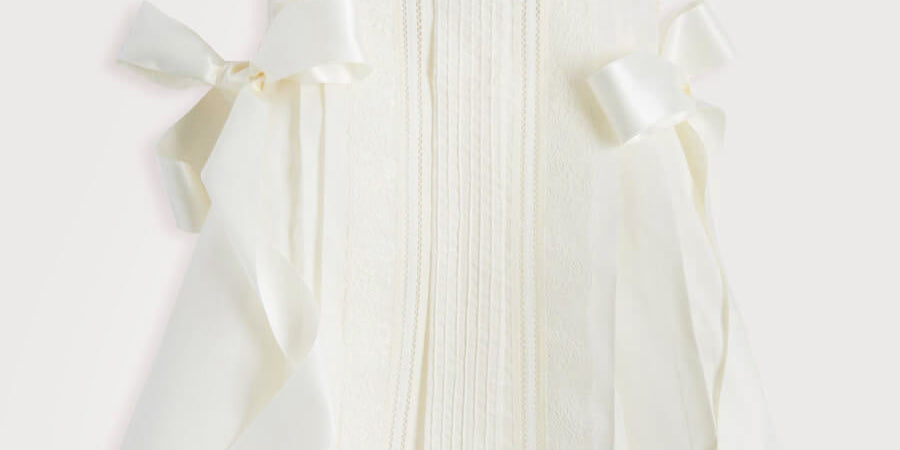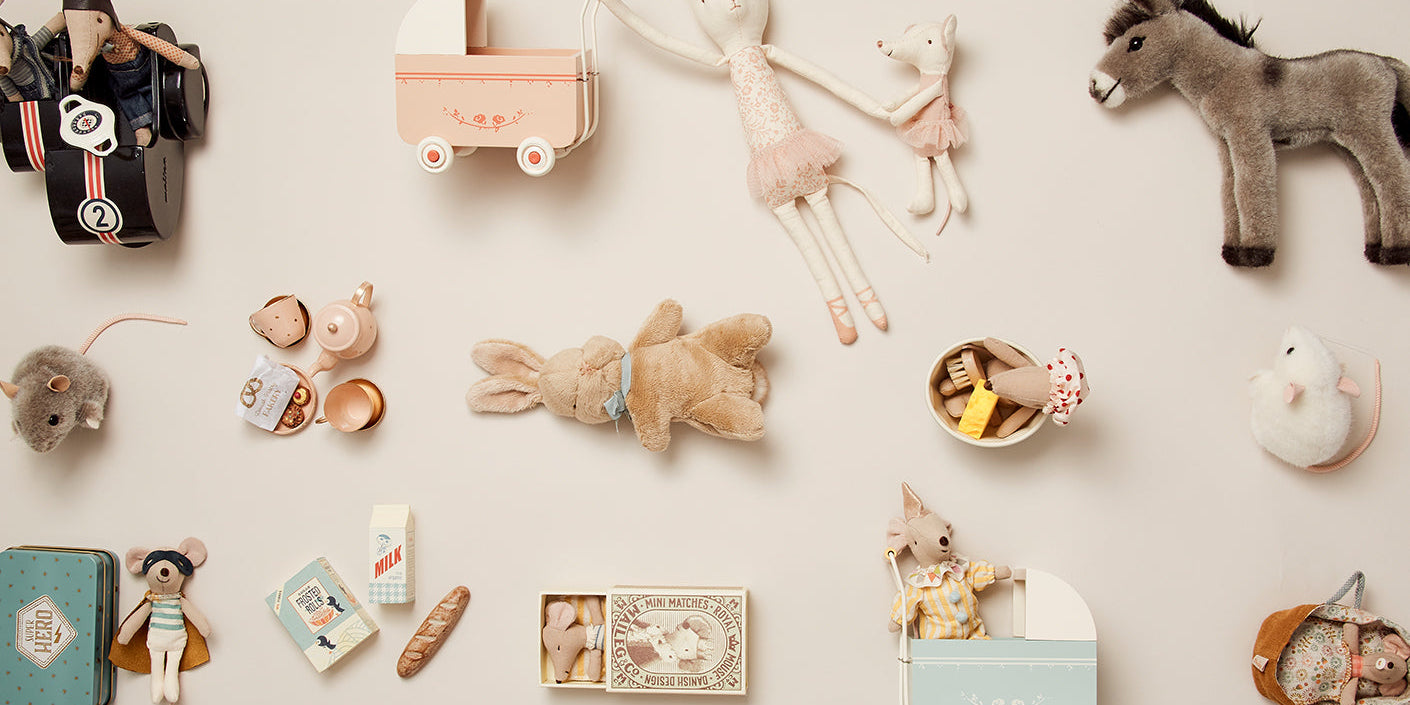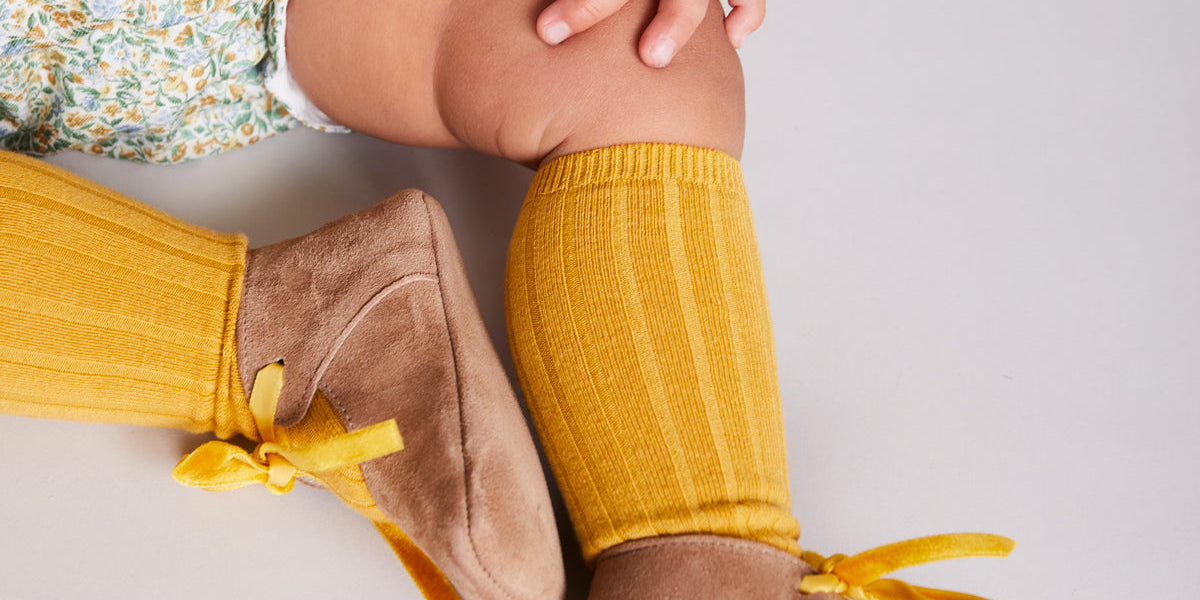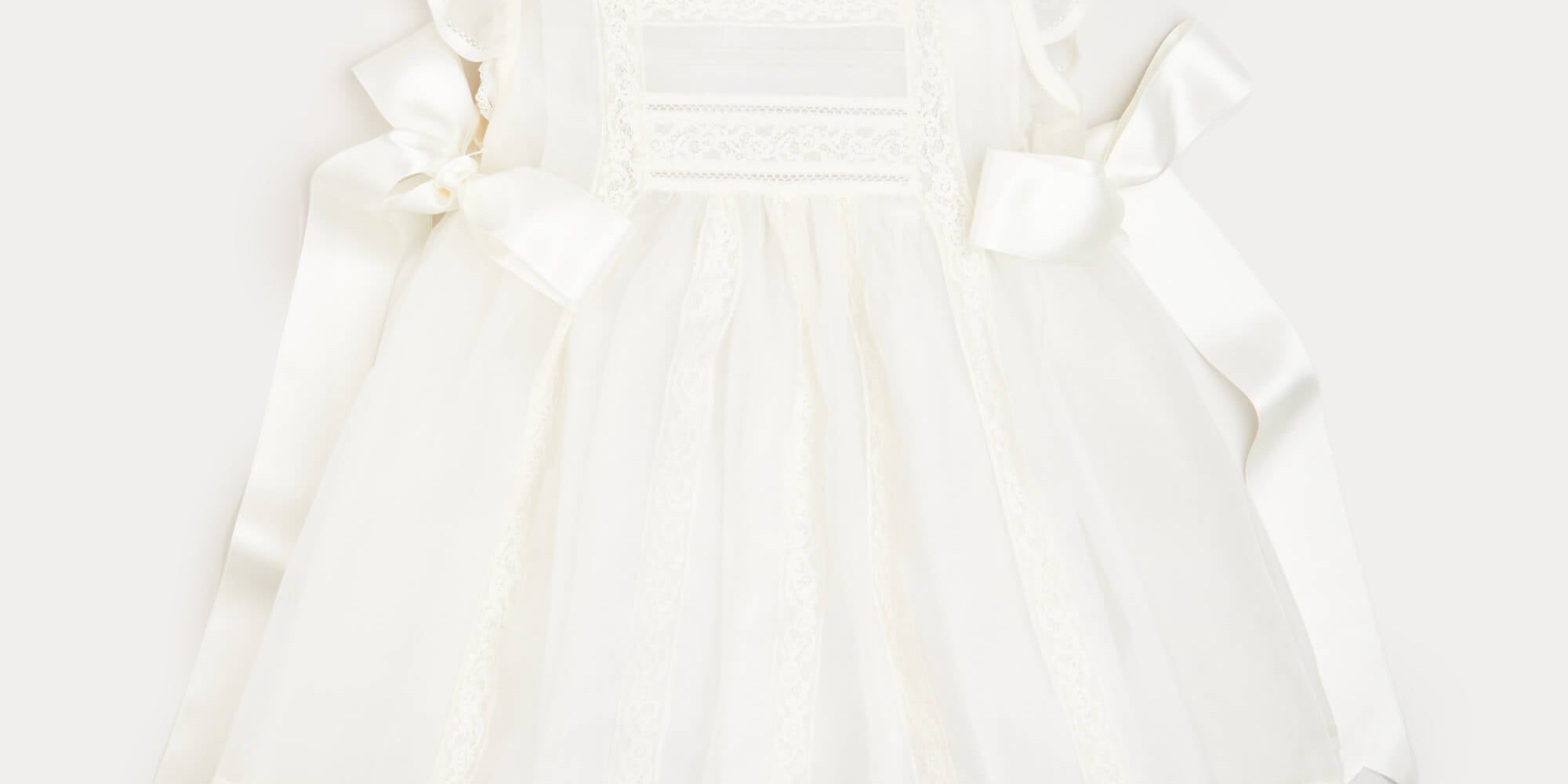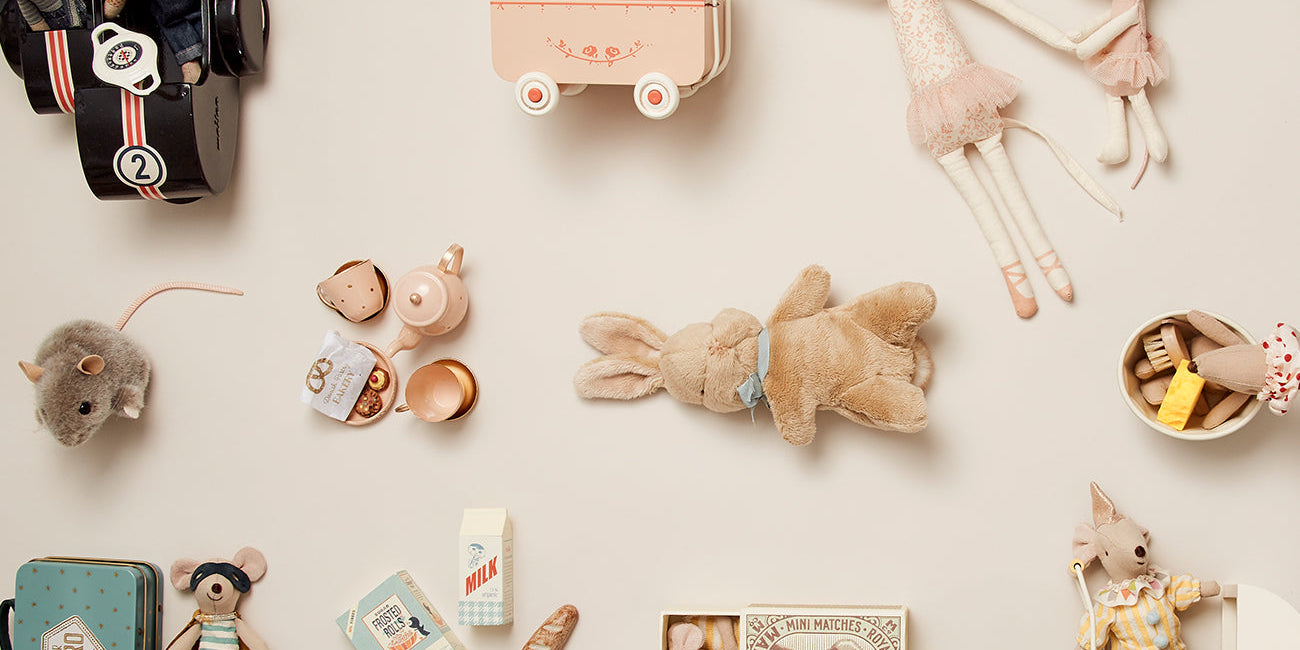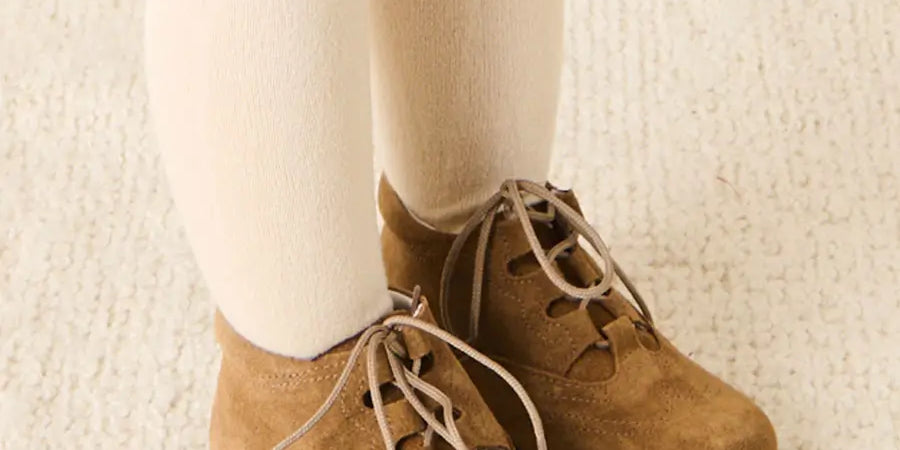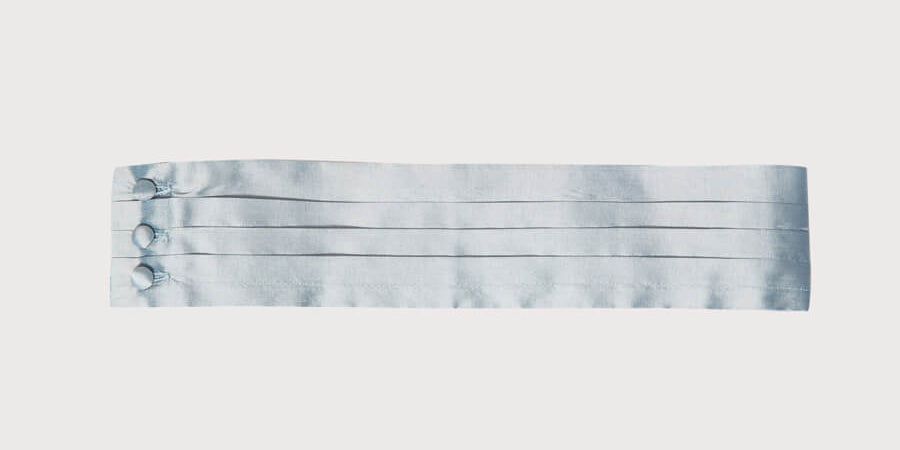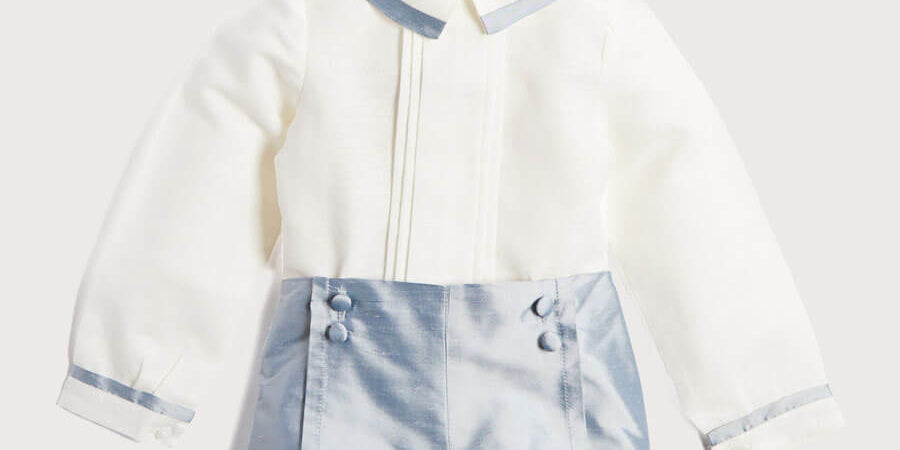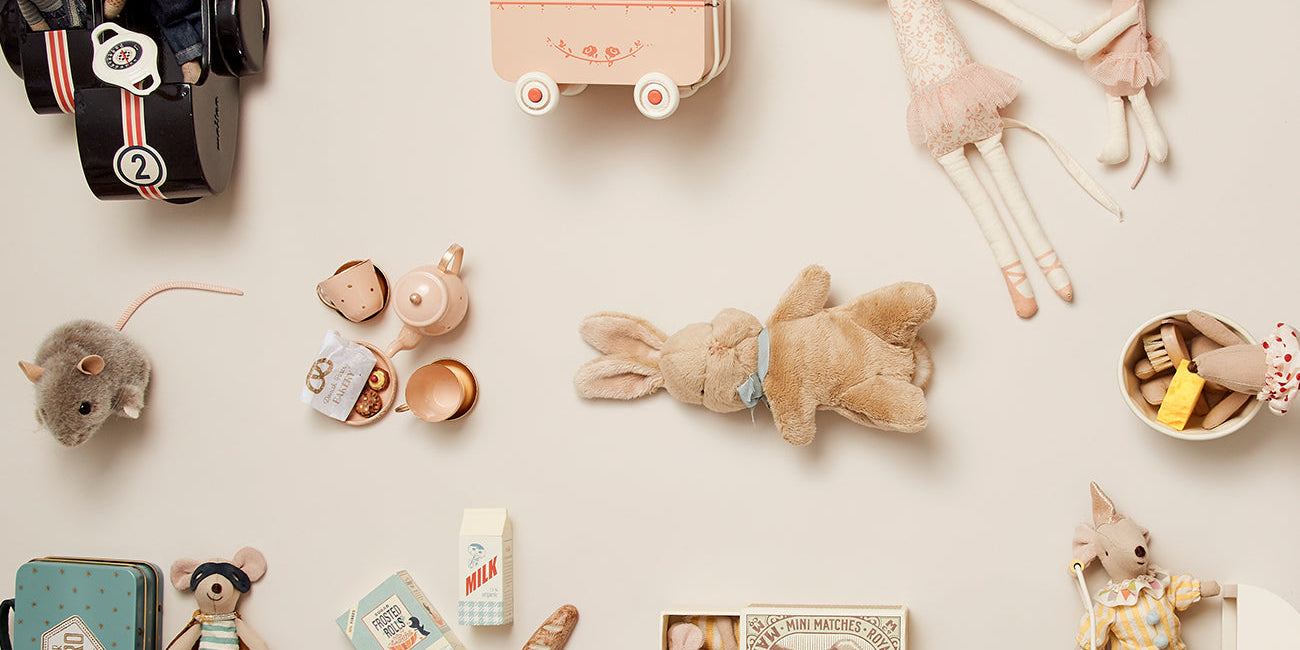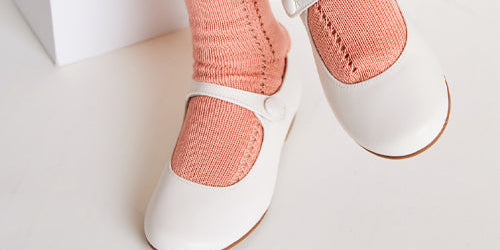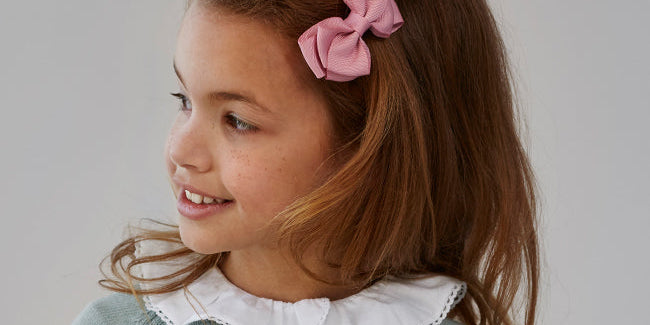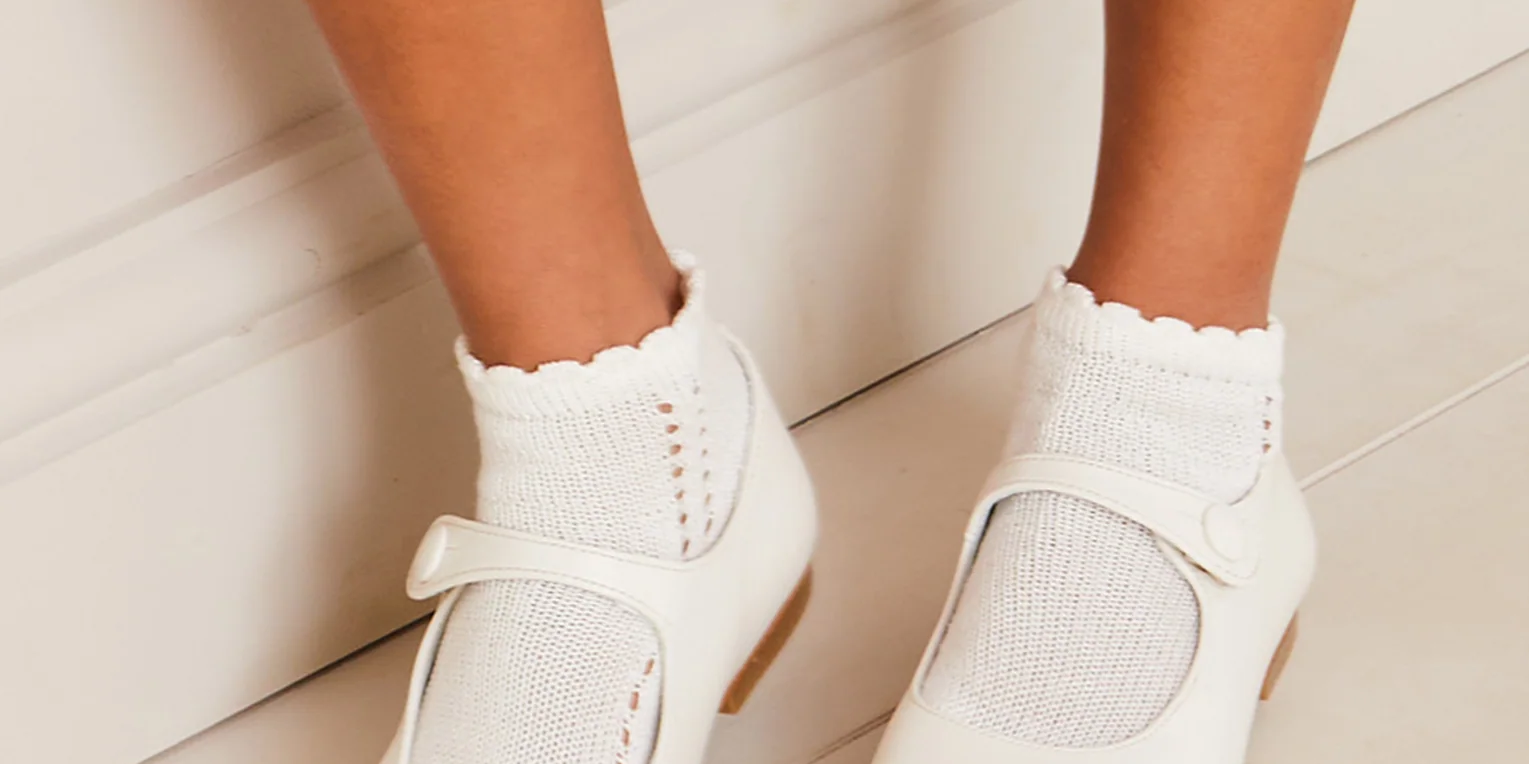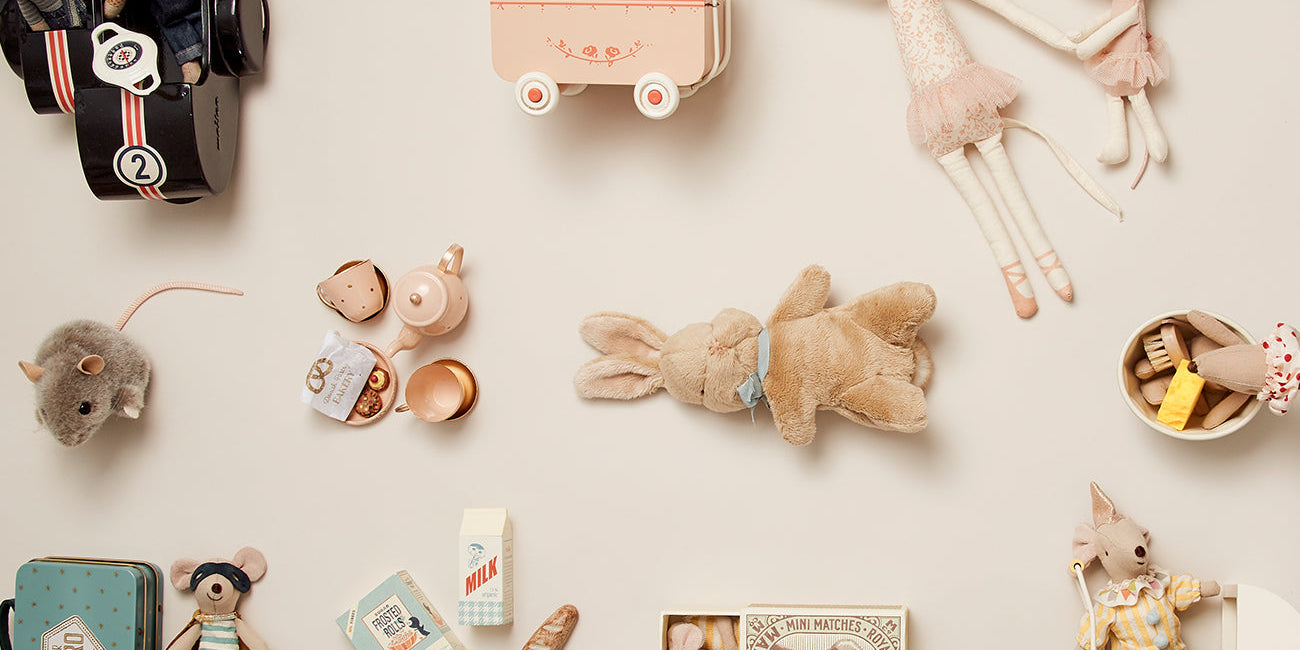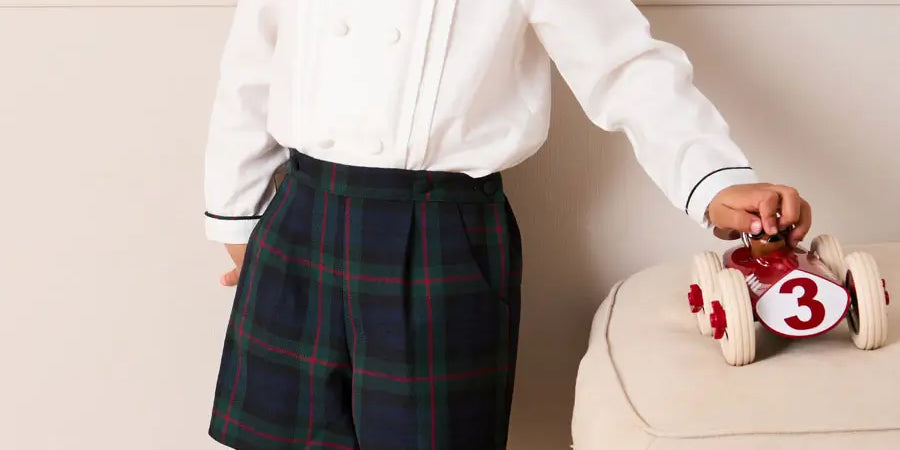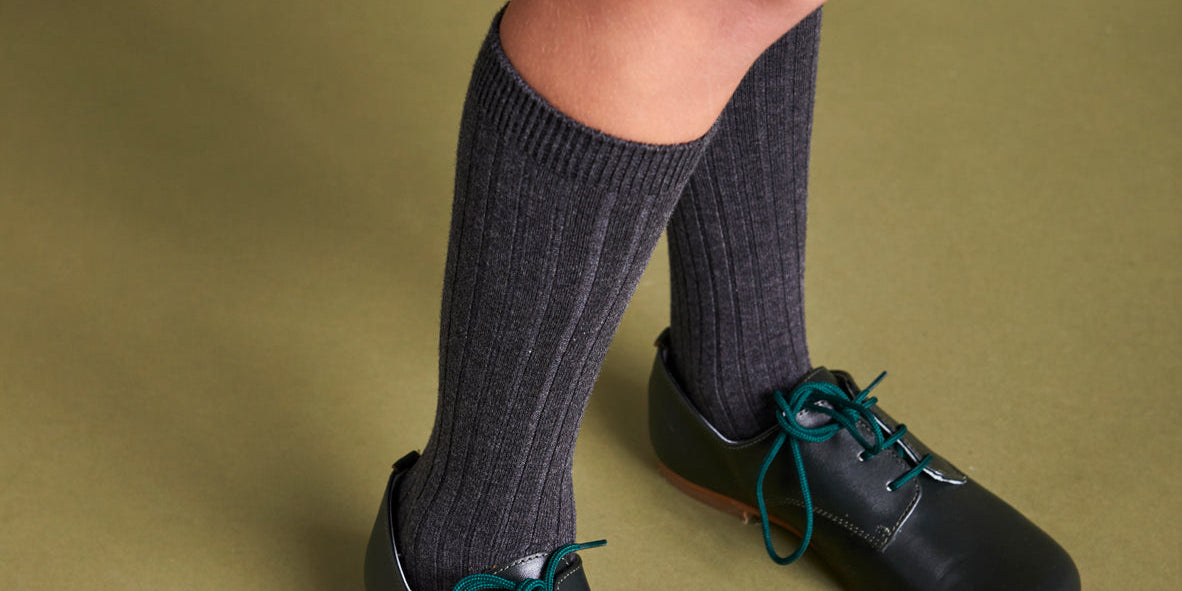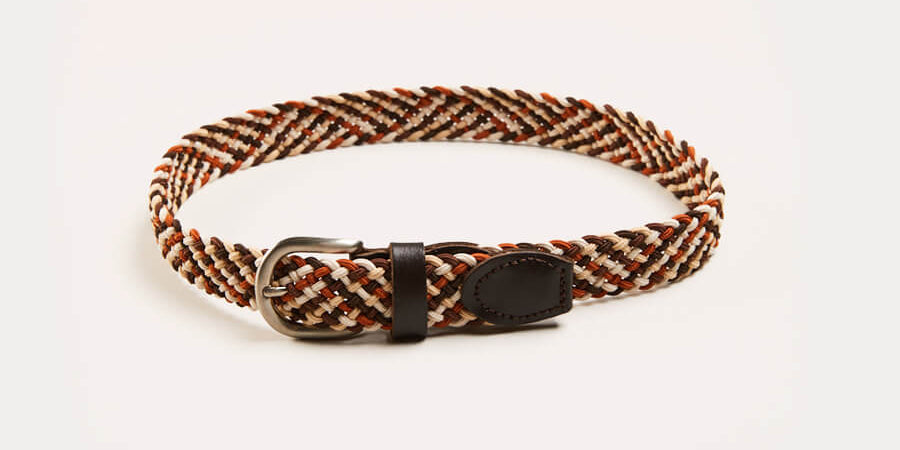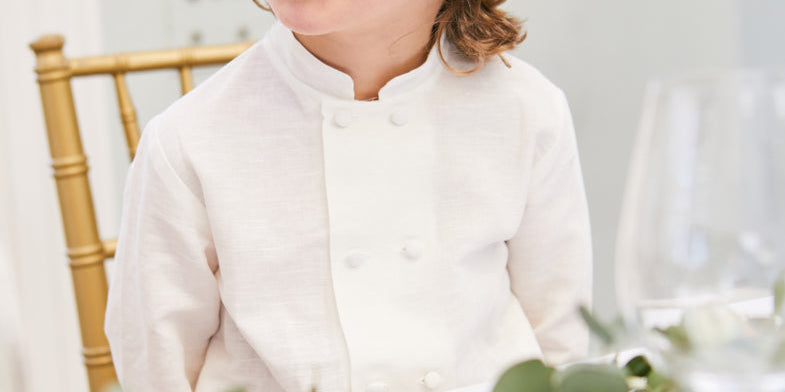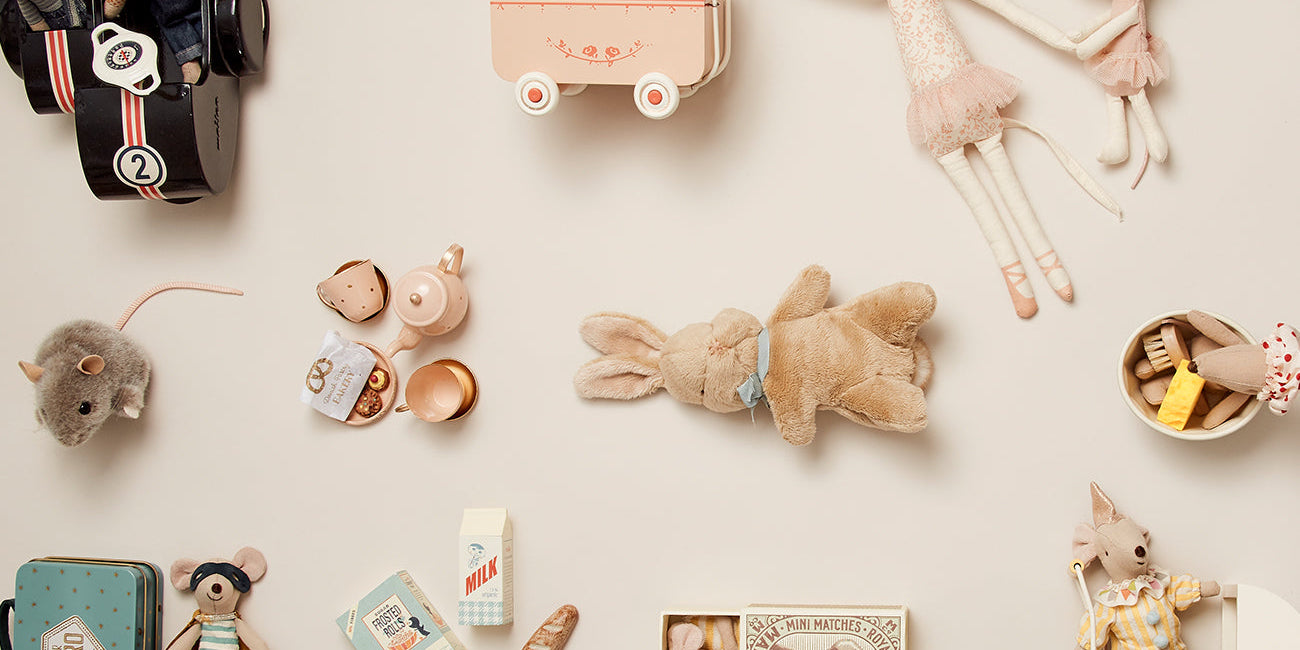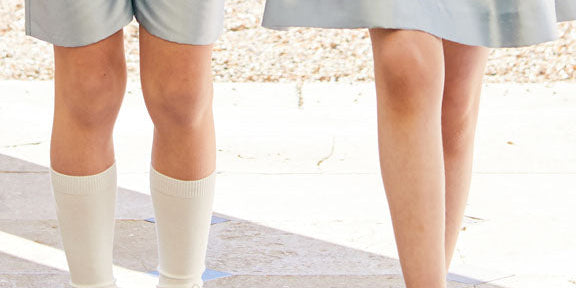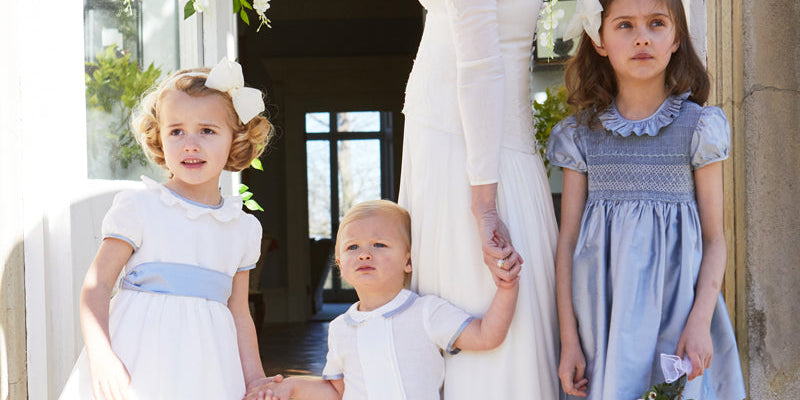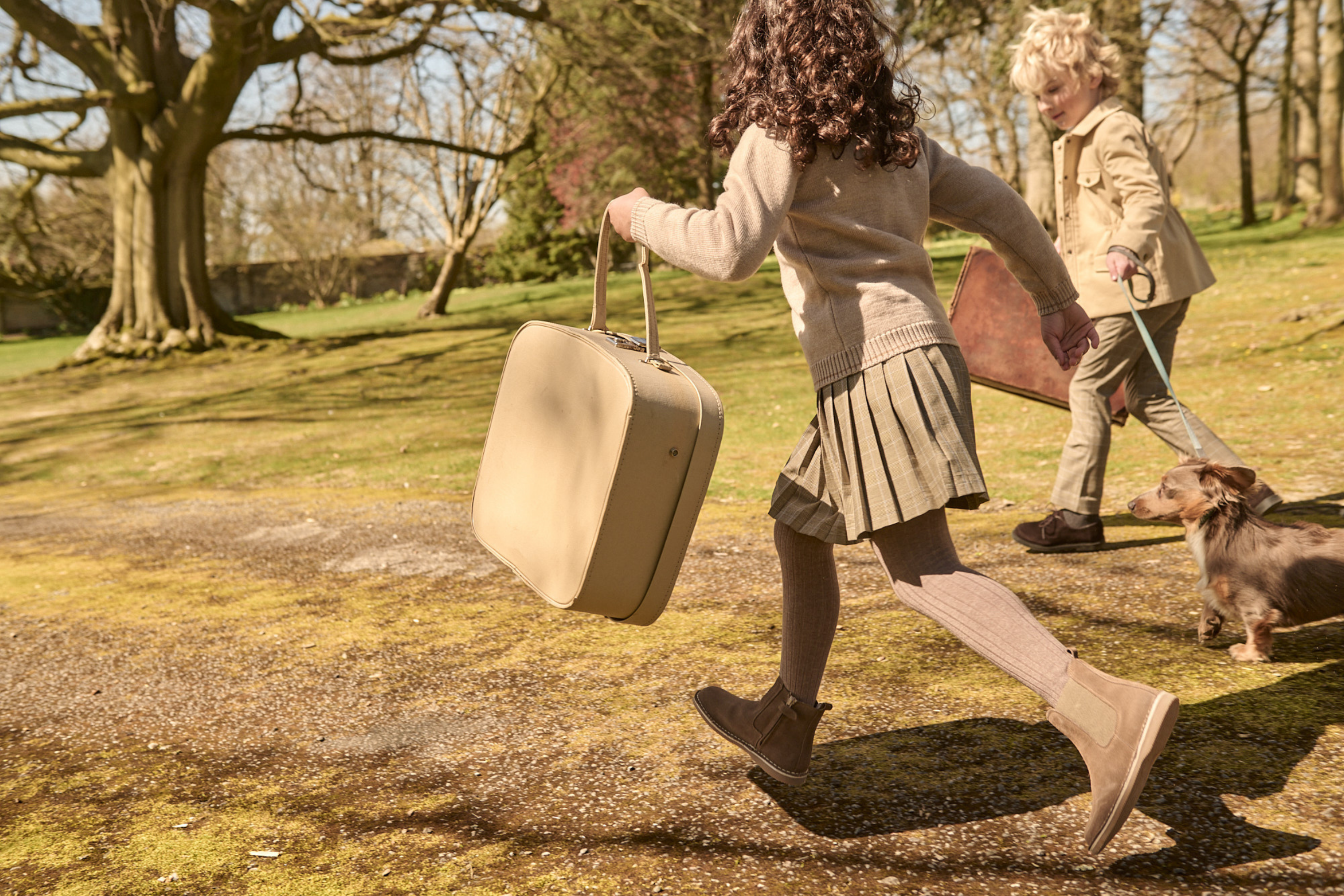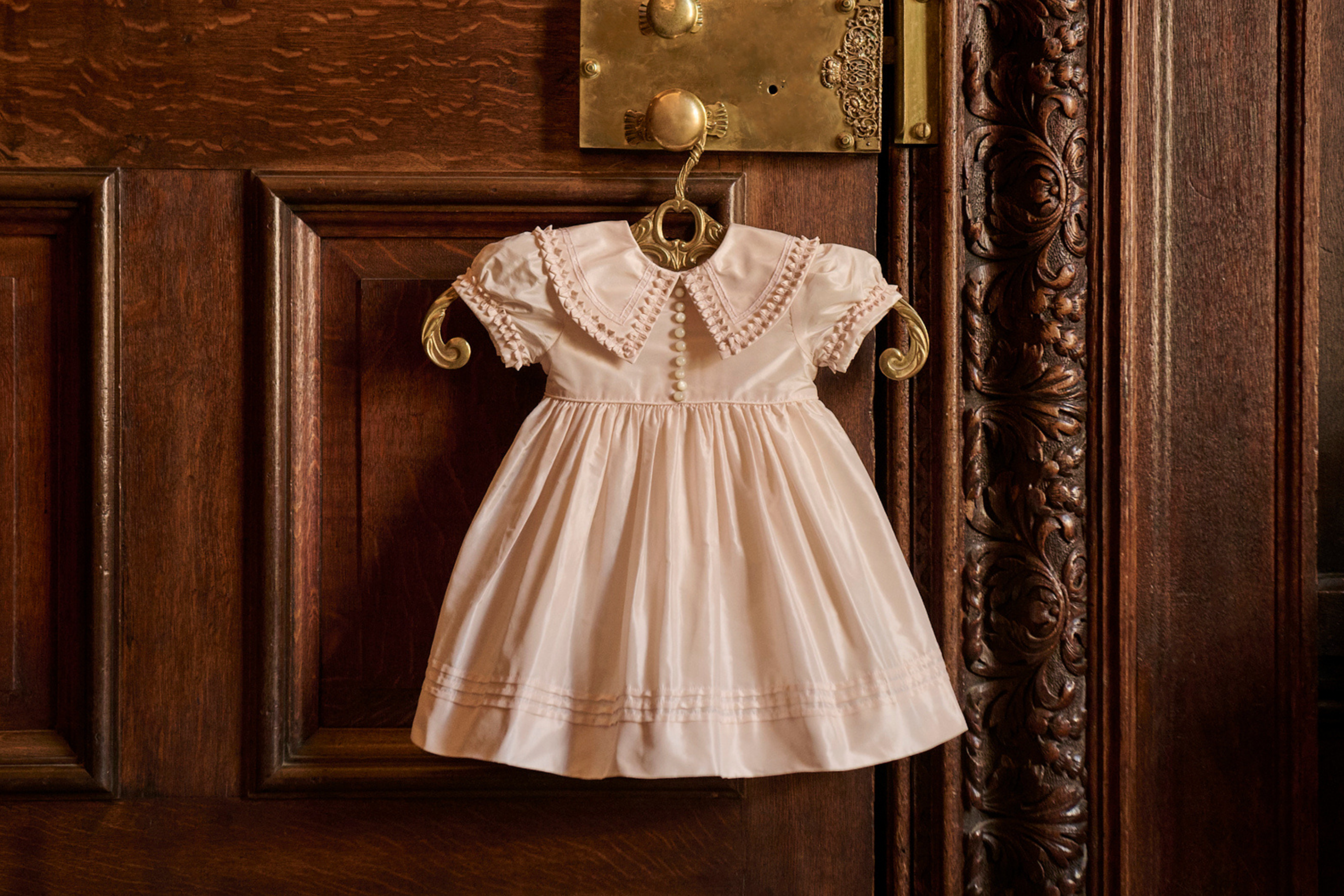Everything in a child’s shoe is considered. From the rubber soles made to limit tripping and other accidents, to the soft fabric such as leather or suede built for comfort and to mould appropriately to the foot as it grows. Not only is this important to help the child as he or she begins to walk, but it is necessary to avoid potential health problems associated with bad-fitting shoes.
You might be noticing your child’s feet growing at lightning speed and struggling to keep up! Even with stores opening back up, you may not feel comfortable taking your little ones in to get their feet measured but it’s a must before ordering shoes online. But worry not, let us show you how to find out your child’s shoe size which is super simple and easy to do at home.
How can I measure the length of my child’s feet?
- Find a ruler, pen and a piece of paper.
- Tape the paper to the ground and place your child’s foot on it.
- Make sure your child is has socks on, standing straight with toes spread. This is so the weight is distributed evenly across the feet. If not, the feet won’t spread, and you may measure too small.
- Draw a line behind their heel, making sure you keep the pen/pencil vertical, and another line in front of their longest toe.
- Measure the distance between the lines in centimetres.
- Do both feet!
- Check our chart to find the perfect size.
The good old-fashioned paper and pen technique detailed above is quick and fairly painless. You can turn shoe sizing into a game to avoid any potential tantrums – have your child line up against the wall and do their height chart at the same time! Or have them stand on a flat chair or even the table – they’ll love the idea of doing something new which is usually frowned upon!
If you’d also like to measure the width of your child’s feet, here’s an easy way to do so:
How can I measure the width of my child’s feet?
- Your child must be standing straight, socks on with toes spread. This is so the weight is distributed evenly across the feet. If not, the feet won’t spread, and you may measure too small.
- You can use a special width ruler or tape measurement to measure the widest part of the foot – this is the ball of the foot around the base of the toes.
- Be sure not to pull the tape measure too tight. Remember, they may be wearing socks too.
- You can use a shoe lace – mark the shoe lace and measure this on a normal ruler.
- Do the other foot!
Shoe measuring FAQ’s
How often do I need to measure my child’s feet? Good question! It will depend on how quickly your child is growing but the general rule of thumb is every 2-3 months. That’s a lot of shoe sizing sessions.
Should I measure both feet? Yes! It’s very common to have different sized feet so always measure both feet and take the biggest size as gospel! If there is a big discrepancy, there are specialised stores that can help, or maybe an insole will be needed.
Do they need to wear socks? We would always say yes. This will help make sure that the measurements are accurate so that the shoes are always a comfortable fit for your little one. And remember to leave room for thicker socks in the cooler months if needed.
What if my child is in-between sizes? Always go for the bigger size – it’s always better to be slightly too big than too small. As long as the child can comfortably walk, run and prance without their foot moving significantly inside the shoes, they’re good.
What’s the difference between your pram shoes and baby shoes?
Our pram shoes are made with the tiniest feet in mind. They have a soft sole for easy crawling and ultimate comfort. They can be used as your baby begins to start walking to help strength the muscles and bones in the feet. Our pram shoes are made from the softest suede or leather and are available in T-Bar and Mary-Jane styles. These are with a soft fabric sole, perfect for crawling and when your baby is first finding their feet. This is to help your baby strength the bones and muscles in the foot. (We start from size 17EU and stock pram shoes up to 20EU depending on the style and collection)
Our baby shoes have a flexible rubber sole, perfect for when your little one has just started walking. Also made from the softest suede or leather and are available in T-Bar and Mary-Jane styles. (Our baby shoes start from 20EU to 24EU depending on the style and collection)
Why is it important to get the right size for your child’s feet?
A common misconception is to get a bigger size in the hope for the shoes to last longer and to save you the hassle and money of frequent shoe shopping. However, for your child’s safety, it is important to find the Goldilocks of shoes – not too big, not too small, just right! (It’s worth saying that being in-between sizes isn’t the end of the world – in this case go for the size bigger. Just as long as it is comfortable for the child as well.)
Well fitting shoes are imperative to a child’s foot health. Shoes that do not fit properly can cause problems later on in life. The bones in a child’s foot do not fully form until around 18 years of age. Throughout childhood their feet are continuously growing and changing shape. If they wear ill-filling shoes their feet are more susceptible to being misshaped. Shoes that are too narrow, too wide, too short or too long can cause damage to a growing foot. If you feel that your child may need to see a specialist – please do so.

Still not sure?
If you’re still not sure, we’re on hand to help! If you’re based in London, come in-store; we have a specialised shoe corner with all of our styles and shoe-fitting services. We are on Elizabeth Street in the heart of Belgravia and just a short walk from Victoria Station, and well-prepped in the art of shoe-sizing. Or you can email our customer service at hola@pepaandcompany.com for more advice from our lovely in-house team. Bear in mind, our customer service hours are 10am-6pm Monday to Friday (GMT).





